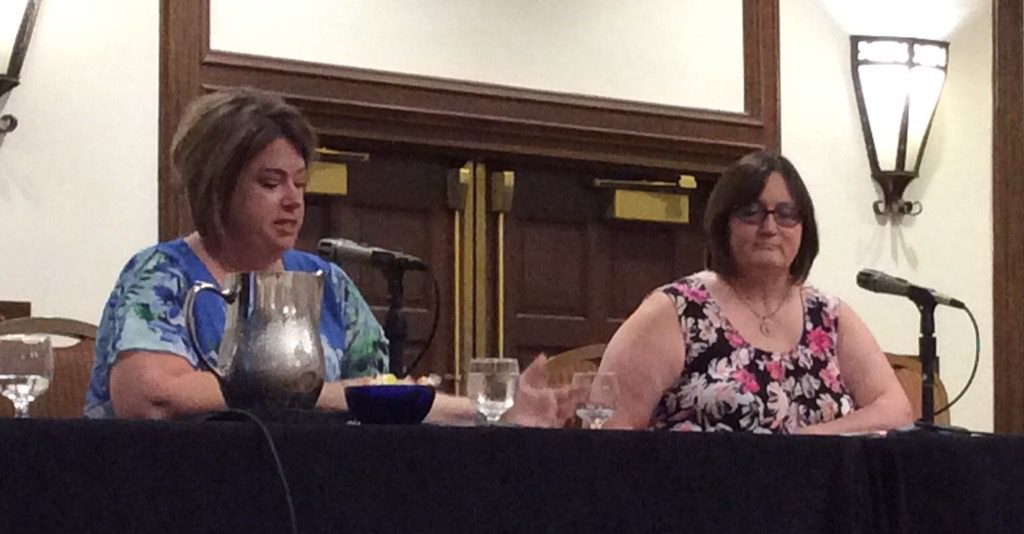Safe Harbor Provisions in the SMART Act
At the 2016 NAMSAP Annual Conference Monika Boswein from Acuity and Katie Fox from Franco Signor LLC discussed issues around conditional payments and safe harbor provisions in the SMART Act.
When you are considering potential penalties and compliance issues one thing to keep in mind is that safe harbor’s are triggered by reporting. If you do not report the claim to CMS then the safe harbor protections provided in the SMART Act do not apply. Also, while the Statutes do allow for financial penalties for late reporting (the dreaded $5000 per day penalty) CMS has never pursued penalties for late reporting.
Effective 10/26/15 there is a new method of dealing with conditional payments, the Commercial Repayment Center (CRC). This is the newest CMS contractor and their goal is to seek repayment of conditional payments throughout the claims process, not simply at the times of settlement. Payers can now receive multiple demand letters throughout the course of the claim. Previously conditional payment demands were only made at the time of settlement. This new contractor is compensated by a percentage of recovery, so they are pursuing recovery on cases that are never settled (for example medical only claims). The statute of limitations for CMS recovery is triggered by payers advising CMS of the settlement, so there is a question of whether there will be any statute of limitations on these minor cases that CRC is pursuing recovery on.
Another challenge with the multiple notices from CRC is that payers need to respond timely to each request or they lose their ability to dispute payments as unrelated to the claim.
It is important to work with the medical provider and the claimant to get the physician to declare that the injured worker needs no further treatment related to a claim so that it can be closed and the statute of limitations can toll. Physicians are often hesitant to do this. It is in the best interest of the claimant to work with you to get the claim closed by CMS so that they do not have problems in the future getting something unrelated to the claim covered by Medicare. If CMS sees an open claim in their system and the treatment request appears remotely related they will deny the treatment.


